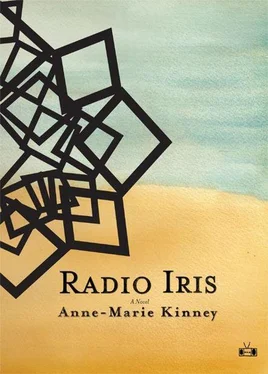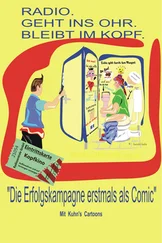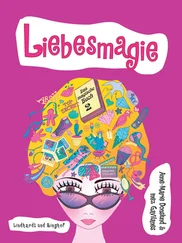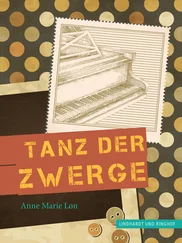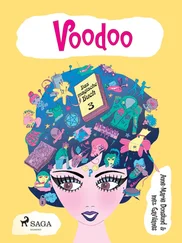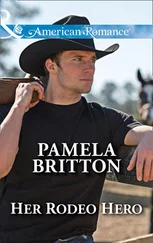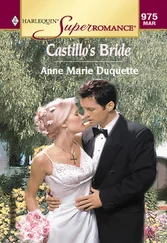She lurches up onto her knees, onto her feet, and runs for the front door to find it moving, a cacophony of garbled voices building just outside. She stands still for a moment, until the door is struck with a series of loud thumps and she flinches. Another smack and the door pops a hinge.
She panics, thinking there’s nowhere to go, no way of escaping, and suddenly, with a great sucking sound, the walls drop several inches. She loses her balance, experiencing vertigo as the whole building sinks slowly, lopsidedly, toward the weeds around its perimeter and the burning tar smell of the parking lot fills her nostrils.
She scrambles back up onto her feet, and, not quite at her eye level, but not too far up, there is the window, the window she stared up at all that time, wondering what it was for, what it looked out on.
It’s been waiting for this.
Her desk behind her has toppled into a heap, kindling, she thinks, as she hooks a foot up onto the aluminum windowsill and heaves herself up, so she is teetering on its edge. She gives the screen a strong push and watches it loosen and flap downward, landing with a scrape on the pavement.
It did look out. She could’ve had a view all this time, if only they’d put it just a little lower, where she could see. Would it have helped? Out there, everything looks the same as always. The pavement glittering just barely in the sun, the stores’ window displays, sylph-like mannequins and brightly colored signs, traffic lights red, yellow, and green, the café where she had her lunch nearly every day, operating as usual. She thinks she can make out the two old men at their chessboard.
And there too is the vacant lot, and the sign that used to be.
I’m home. Are you?
I’m home. Where?
I’m home. So what?
Not there, but still there in her memory, and that counts for something. The window frame shakes and Iris holds on for balance and then realizes, there’s no reason to hold on. There’s nothing up there anymore.
It’s not so far down, she thinks, and without even daring herself, without waiting another moment, she leaps, and for the seconds she’s flying, she feels it too, the rush of air, the cloud wall filling her ears, the feeling that her body is her one and only home, and that that’s as it should be, as it is and ever was.
She lands with a bone-loosening thud, but keeps going, her momentum too great to do anything but run, her bare soles picking up the city, taking her path with her as she goes.
Behind her, the building continues caving in on itself, but no one seems to notice. It sinks faster into the earth, sucked in as though the pavement were quicksand, gradually disappearing under the black tar of the parking lot into unknown earth, while people walk by on their way to appointments, meetings, and lunches. Soon, it will be just an empty space, to be filled or not, for the weeds to overgrow or wilt away.
As she runs, Iris clips the ear of a dog on a leash, startling his owner, who nearly drops the cup of coffee she’s just bought. The woman collects herself and squints into the midday sun in an effort to figure out what’s just happened, but Iris is long gone, the dog howling after her, into the wind.
I’d like to thank my parents, Bill and Mary Jetter, and my sister, Madeleine Jetter, for always providing a force of quiet yet unyielding support. I owe a tremendous amount to all the teachers who have helped me along the way, but most especially Bruce Bauman, for being such a consistent and dedicated mentor, Steve Erickson, for offering boundless inspiration, and to Aimee Bender and T.C. Boyle, for nurturing my initial desire to write and giving me the confidence to keep doing it. To the early readers, including Sara Finnerty and my other peers at CalArts, Blake Hennon, and Kim Samek, thank you for saving me from the vacuum. I am forever indebted to my wonderful agent, Judy Heiblum, and to Eric Obenauf and Eliza Wood-Obenauf, for being the best editors I could have hoped to work with. In no particular order, I must also express my gratitude to Kimby Caplan, Pete Larsen, Kelli McDonald, Heather Owen, Orli Low, CalArts and Black Clock. And finally, I could not have written this book without the love and encouragement of my husband, Abraham Kinney.
